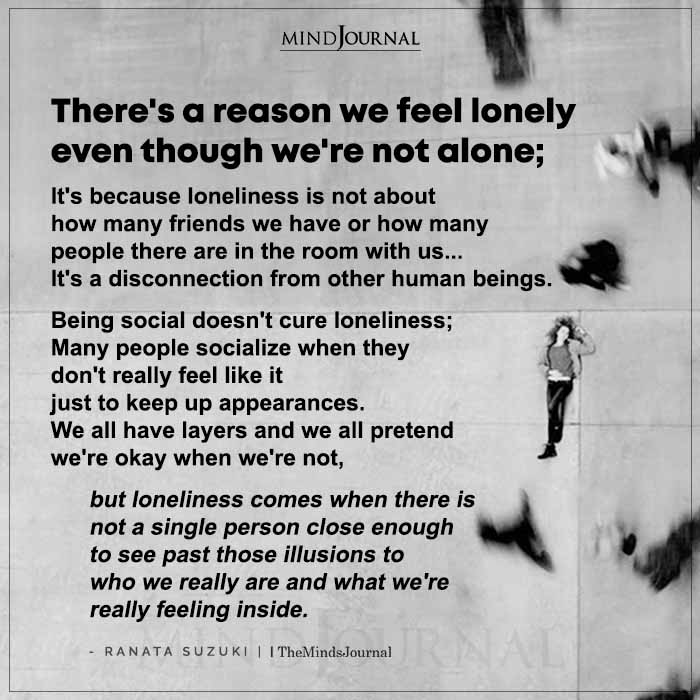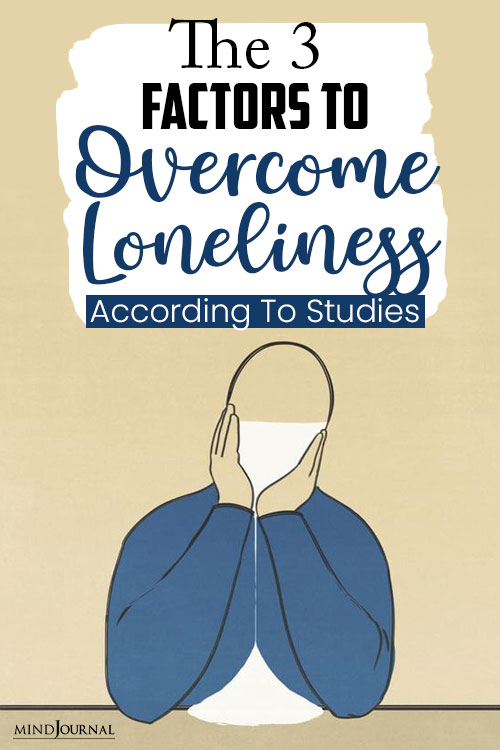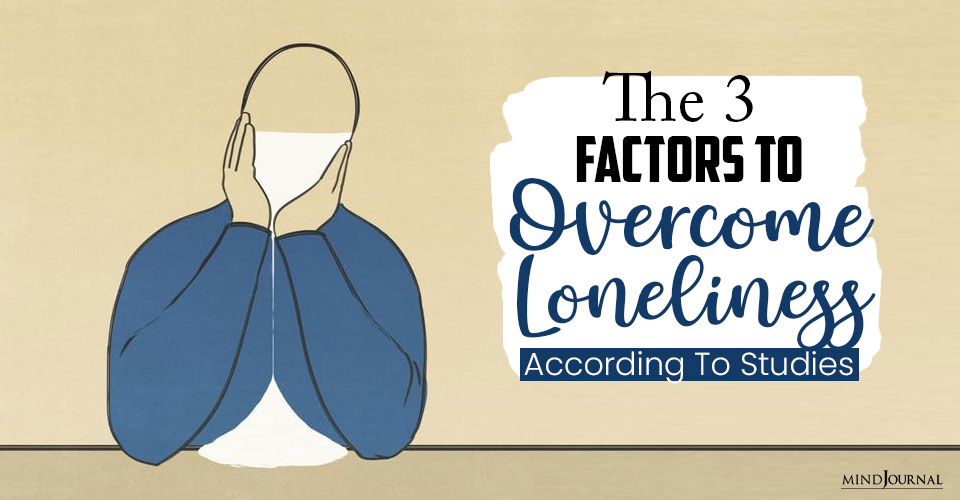The Little-Known Secret to Overcoming Loneliness
by Donald Altman, M.A., LPC
Copyright by Donald Altman
Has the pandemic changed your sense of aloneness? Do you feel more lonely and isolated than you did a year ago? If you work remotely, how has this taken away some of the person-to-person and face-to-face support you experienced previously? How have the opportunities to be with others, even with people you might not know, been decreased or shrunk down in size?
As we’re approaching the year anniversary of the pandemic, it’s time to take stock of your relationship health and connections with others. In my own case, for example, my wife and I have already discussed how to adapt the upcoming holiday season with family in a way that we can still experience it, yet keep everyone stay safe. (It’s an ongoing discussion, I might add.)
All of this adds up to one thing: We’re all probably more lonely than we were a year ago and are trying to find ways to cope.
Given the limitations of health mandates, what can we do to turn the tide on loneliness?

Fortunately, there are actions you can take to step out of the grey shadows of loneliness and into the bright and brilliant colors of togetherness.
First, there’s some new research that shows that examined some strategies for overcoming loneliness. The study identified several personal and environmental factors that were associated with feeling isolated from others. I found that this study relevant because it looked at how various types of loss affected individuals. While the study looked at age-related loss, we are all experiencing similar pandemic-related losses–from loss of time with friends to loss of life purpose.

Related: 10 Relatable Truths No One Talks About Being Single and Lonely
Three Factors To Overcome Loneliness
1) Connect with people from your past, or family members you may not have seen in a long time. Call them, or set up a remote call. Avoid just texting or putting up social media pictures. You need to make a real connection, and if possible, repeat your connections with others on a weekly basis.
2) The second factor is about engaging your purpose. What gets your engine revving? In other words, what can you share with others? One of the best prescriptions for moving forward from loneliness is to help another person—especially someone you know is isolated or lonely. Share a funny story, or just let them know you are there to help.
3) Assuming an attitude of acceptance in regard to the current pandemic situation can go a long way to helping you cope with it. Acceptance doesn’t change or control the situation, but it can help you outlast it. Acceptance can also help you develop wisdom and compassion, two ways of staying calm and caring in the face of the pandemic storm.
Finally, don’t give up trying. Bring your mindful presence to all that you do. Let the smallest engagements bring understanding, kindness, love, and acceptance. This way you can reduce loneliness in others as well.
Related: 11 Simple Ways To Feel Less Lonely In Life
Don’t give up! You may have a relationship, but can still feel lonely. Using the three factors to overcome loneliness, you will be able cope with feelings of isolation and aloneness. Let us know what you think about this in the comments section below!
Written by: Donald Altman, M.A., LPC
Originally appeared on: Psychology Today
Republished with permission









Leave a Reply
You must be logged in to post a comment.